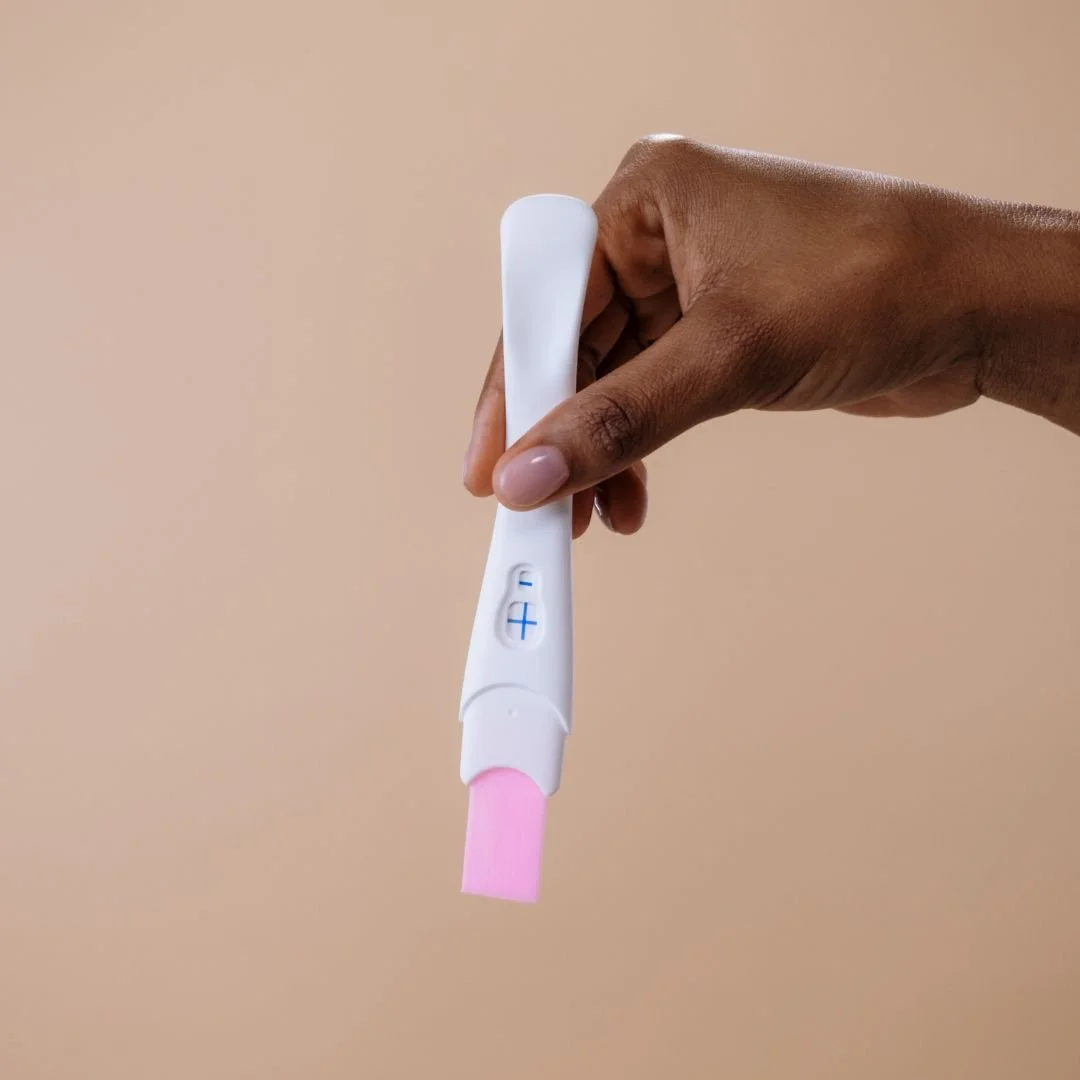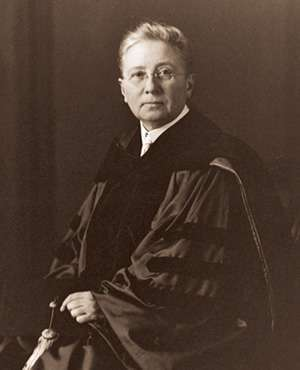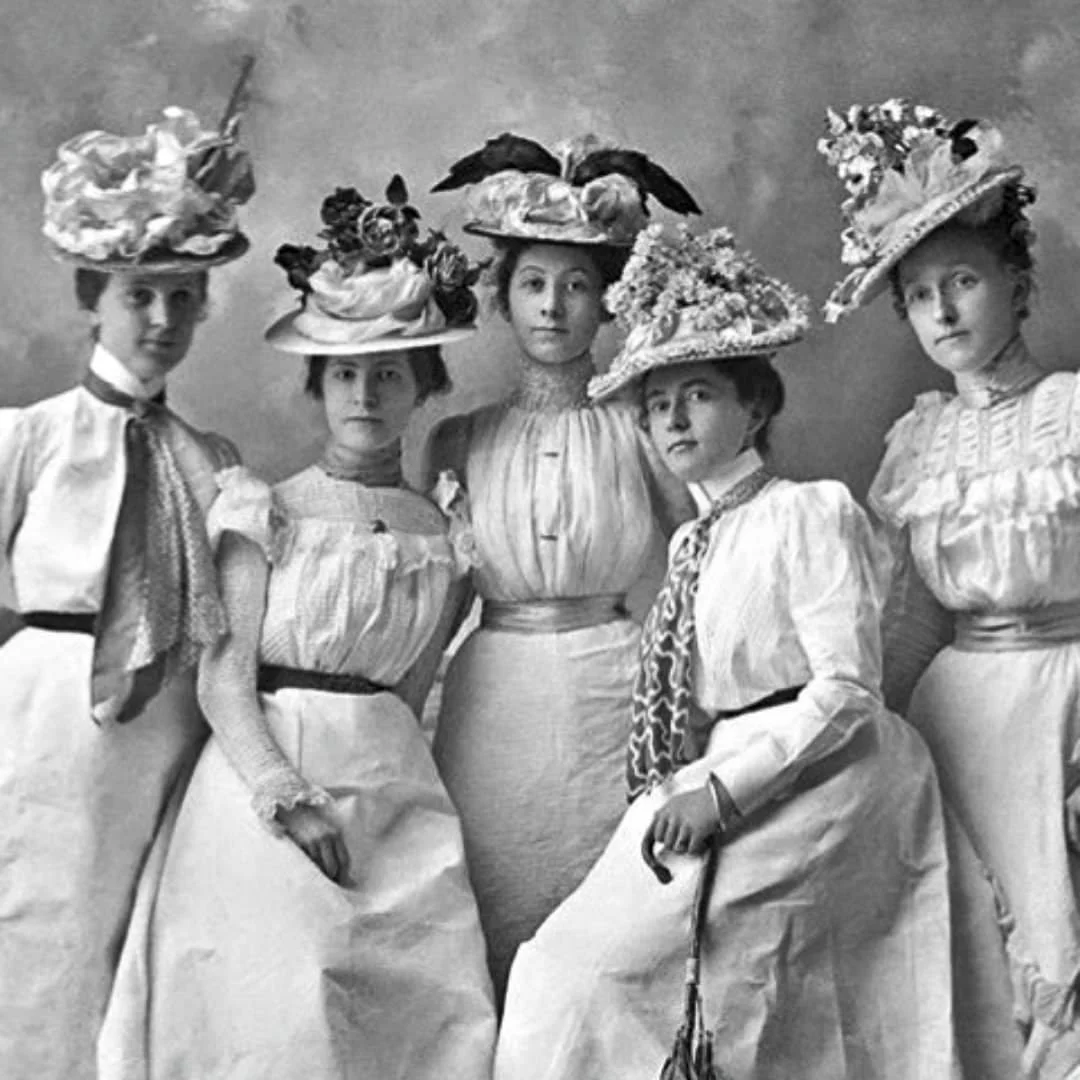Is it me, or is it my period? And is it, “normal?”
Period symptoms can be so strange and weird and have you wondering, is this normal?
I have curly hair. When I'm on my period one of the weirdest symptoms that I experience is frizzy, lifeless hair. I also tend to shed more hair when I'm bleeding, than any other time.
Some symptoms experienced by my clients and some of my close friends include:
Clotting, heavy painful breasts, smelly gas, clumsiness, back and hip pain, trouble speaking clearly, dizziness and lightheadedness, bloating, psychosis, sensitive and/or bleeding gums and difficulty making decisions.
So, are these common? And what can be done for each of them?
HAIR CHANGES
Does your hair tend to look or feel a little different during your period? Maybe it’s frizzy, flat and lifeless, more oily, more dry, or perhaps you notice more hair shedding.
Are hair changes common? Yes.
Let’s start with the most worrisome of them all, hair shedding. During menstruation, there is a sudden drop in estrogen that can cause the hair to enter its natural shedding phase quicker than usual. This causes telogen effluvium, a temporary type of hair loss that happens during your period.
If your hair tends to be more oily, that’s due to progesterone. The week before your period, progesterone levels begin to soar and this hormone triggers sebum production - which is present on your skin, including your scalp. When you begin bleeding, progesterone levels dip and testosterone levels are now at their highest in your cycle. Higher levels of testosterone can also trigger sebum production, which is why some people experience oilier skin and scalp during their period.
Solutions: If your hair is more oily, avoid using moisturizing hair masks or oils to prevent excess buildup. If your hair is more dry, do the exact opposite. If you’re losing more hair than usual, avoid wearing your hair in tight ponytails or buns and definitely avoid sleeping on wet hair. Not to worry, your hormones will level themselves out in time and your hair pattern will return to what is your norm.
CLOTTING
Are you noticing more clots produced when you’re bleeding? Perhaps they’re small clots or large clots. Maybe you don’t even notice that you’re passing them, or maybe you can feel them.
Are clots common? Depends.
The reason for clotting is due to the thickness of the uterine lining, which is what we shed when we are bleeding during our periods. Some people’s uterine lining is thicker than others, which might cause clots to form. The formation of clots is a result of estrogen and progesterone levels. Those that experience high levels of estrogen and low levels of progesterone will commonly notice more clot formation. In tandem, their bleeding might be heavier as well.
Solutions: To reduce high levels of estrogen, focus on eating more raw carrots a week before your period. Raw carrots have been shown to help reduce estrogen because of a unique fiber that binds to endotoxins and excess estrogen. Red raspberry leaf tea also helps to strengthen the uterus and help lessen heavy bleeding both during menstruation and after birth.
*If your clots are larger than a quarter and painful to pass, please speak to your OBGYN or Doctor right away to rule out any serious issues*
CLUMSINESS
Tripping over nothing more frequently? Not able to hold your balance? Very annoying, but it’s not unusual!
Is clumsiness common? Yes.
Once again, estrogen comes into play. When you have higher levels of estrogen, it causes your liver to create hormones that impact the kidneys and create fluid retention in both your body and brain. This excess fluid makes it more challenging to keep your balance during your period. In fact, your inner ear (which controls your balance) can undergo some changes while on your period. This makes it more difficult to keep your balance.
Solutions: If you notice that you’re generally clumsier or imbalanced during your period, avoid any activities that would challenge your balance or field of vision. Chew gum if you’re walking on any unsteady surface, the act of clenching and unclenching the jaw muscles activates the body’s system for maintaining balance. When you’re getting up from a sitting or lying position, do it slowly.
SENSITIVE AND/OR BLEEDING GUMS
Do you notice that your gums are more sensitive when flossing or brushing? Perhaps they even bleed a little? This is called menstrual gingivitis.
Are sensitive gums common? Yes.
If you notice more sensitive gums in the days leading up to your period and then suddenly goes away when your period begins, it could be something called menstruation gingivitis. As both estrogen and progesterone levels rise, they also dilate blood vessels and increase blood flow throughout your body. In some cases, this impacts the gums and they might become more swollen to the point that they begin to bleed when you floss or brush your teeth. Some tend to be more anemic during their period, especially if they have heavier flows. This can make gums bleed more heavily as well.
Solutions: Stay on top of your dental care hygiene and visit your dentist regularly for cleanings and check ups. At home this means regular flossing, brushing your teeth, using a tongue scraper to reduce bacteria buildup and mouth rinses. Stay on top of visiting your dentist for cleanings to rule out any manifestation of cavities or infections. Drink plenty of water and iron rich foods to avoid anemia or low iron levels.
TROUBLE MAKING DECISIONS
Low serotonin due to ovulation mid-cycle can affect your concentration. In fact, in the days leading up to your period, many say they experience concentration, have trouble remembering things and even struggle to make decisions. In other words, this is called brain fog.
Is this common? Yes.
During menstruation, the brain may favor one memory system over another - all due to hormone fluctuations. In fact, research has shown that for women who were ovulating, they were able to perform better on verbal memory tasks; while women in pre-mensturation (or luteal) tended to be best at solving spatial navigation tasks. Depending on where you’re at in your cycle, will determine what kind of tasks you’ll likely perform best in and which ones might need to wait for a later date.
Solutions: As with any other time of your cycle, eat nutrient dense foods such as fruits, vegetables and learn meats. Try to limit your consumption of highly processed and/or sweet and salty foods and avoid too much caffeine and alcohol. The two most important areas to focus on are sleep and stress management. Do not skimp on sleep, as that’ll set the tone for how you feel the entire next day. Find methods that help you destress, whether it’s a walk, cooking, journaling, gardening - and do it when you feel stress begin to build up. Lastly, be sure that you’re not deficient in any vital nutrients such as iron or vitamin D.
Another way is to think about cycle synching your tasks/to-do’s:
During menstrual phase (active bleeding): You're best able to discern situations because your two brain hemispheres have great communication during this phase
During follicular phase (after period): You're likely more creative and open to new things during this time
For more information on cycle synching, check out my cycle synching guide below
PAINFUL AND HEAVY BREASTS
Well, we have estrogen to thank for this one. You’ve likely heard of the term “estrogen dominance,” meaning when there is a higher concentration of estrogen in your body than what is considered normal. When this happens, it can lead to symptoms such as fibroids in the breast tissue, heavy bleeding and yes, painful tender and heavy breasts.
Is this common? Generally, yes.
Solutions: This solution lives in your kitchen, making it accessible for many. Excess estrogen is flushed out of the body with an intake of leafy greens and vegetables, especially raw carrots. Raw carrots in particular have a particular fiber that helps to bind excess estrogen in the body and eliminate toxins. Red raspberry leaf tea has also been seen to be helpful, and it tastes delicious.
SMELLY GAS
This one is uncomfortable and yet has the simplest explanation. Our GI tract undergoes changes during our periods, and this can also change the fragrance of our well, farts.
Is this common? Yes.
Estrogen and progesterone when high can cause extra gas, constipation and sometimes diarrhea. And when you’re dealt with constipation, it can usually lead to gas and pressure buildup. These hormones also cause the uterus the release prostaglandins (fatty acids) that impact your gut by stimulating the uterus to contract so it can shed the lining. But this also means that these muscle contractions can end up in other places, like your bowels and cause more gas.
Solutions: Be mindful of foods that can cause gas such as dairy and even high fiber foods like cabbage, broccoli and brussels sprouts. If you cannot be without them, go moderate on the ice cream and cook the raw vegetables. And with that, eat these foods slowly - you’re not in a race to finish your meal. Move your body to help keep your bowels moving and prevent constipation. And of course, drink A LOT of water.
LOWER BACK AND HIP PAIN
It’s usually normal to have low back pain and even outer hip pain during your period, but that doesn’t mean it’s not annoying or limiting. The culprit here are, prostaglandins.
Is this common? Yes, but…
As we’ve just gone over, prostaglandins are what contract our uterus and also regulate contraction and relaxation of the muscles. These contractions however don’t have a single designated point - which means that they can also lead themselves into the back and outer hips. So if your back or pelvis are achy just before and/or during your period, it’s because of these hormone inducing contractions.
When this is not normal, is when the pain is so severe that you’re debilitated and unable to perform simple tasks comfortably such as walking. If the pain is constant throughout your menstrual cycle or severe, please contact your doctor and better yet, visit a physical therapist to help get you on exercises that can strengthen the pairing muscles to reduce the pain.
Solutions: One of the most important pieces of advice I provide my clients is to be very aware of how much physical stress they are putting on their bodies in the days leading up to their period. This means begin to scale back on heavy weightlifting and avoid lifting or carrying heavy objects. If you’re already experiencing the pain, topical products such as calendula, arnica and magnesium can provide relief. Explore the option of acupressure or acupuncture if the pain is more serious and even physical therapy to strengthen the supporting muscles such as the core and glutes.
DECREASED PAIN THRESHOLD
Generally when estrogen levels are low, pain threshold is the lowest.
Is this common? Yes.
Solutions: If you need to schedule something like a vaccine, cosmetic procedure or anything else that might be a tad uncomfortable, schedule it outside of your period and ideally at mid-cycle when your estrogen levels are higher and your pain threshold is also higher.
Periods are wildly fascinating and incredibly strange. If your periods are giving you more discomfort than contentment, consider something like cycle synching or even working one-on-one with me to narrow down what could be contributing to the discomfort you’re experiencing.
I hope that this made you feel a little less alone and provided you with tangible steps and resources to bring more ease and peace to your cycles.
Have a “weird” period symptom? Share yours in the comment section below and things that help you with them!




